We like to think that the best films are those that show us the surreal – the dramas or fantasies that cannot exist in reality. Yet the most honest and distinctive kinds of film are those that have a real human story, a story from people who hold ideas or have something they want to say to someone.
For Egyptian filmmaker Ahmad Abdalla, winner of several awards and director of ‘Microphone’, ‘Rags and Tatters’, and ‘EXT. Night’, which was screened at the 2018 Toronto International Film Festival, films are an opportunity to speak his own mind, and to explore the current realities and events in Egypt. In an industry that is heavy in weight, with a long list of directors, Abdalla stands out as a voice rather than just a filmmaker. There is always a perspective and a story to tell, which helps him to always keep it new and fresh in a time where one can often fall into the trap of repetitiveness.
Egyptian Streets spoke with Ahmad Abdalla to discuss his views and approach to filmmaking, and how he tries to keep it his own way.
How did you initially get into filmmaking?
I started out originally as a musician, and worked as a film editor for over 10 years, mainly commercial films and music videos. My film career kick-started when I started editing another feature film, Ibrahim El Batout’s Ein Shams in 2008, which introduced me to a new and different world of filmmaking. I was inspired by this new approach, so I decided to do my own and started writing ‘Heliopolis’ – my very first personal project.
How do you develop this unique quality in your films, such as in ‘Décor’ with the choice of a black and white background?
It comes from your own way of seeing each story. Décor was the first film that I didn’t write in my entire career, which was written by Shireen Diab and Mohamed Diab, and so I wanted to explore it and interpret it from my own perspective. In my view, I felt that the film reflected many features of old Egyptian cinema, and I wanted to create some kind of dialogue between the different films that were reflected, hence, the idea of the black and white. I also wanted the film to pay tribute to old Egyptian cinema and its history, but I did not initially plan the film to be in black and white. I prefer to use a more organic approach to filmmaking, and to speak my mind through the film.
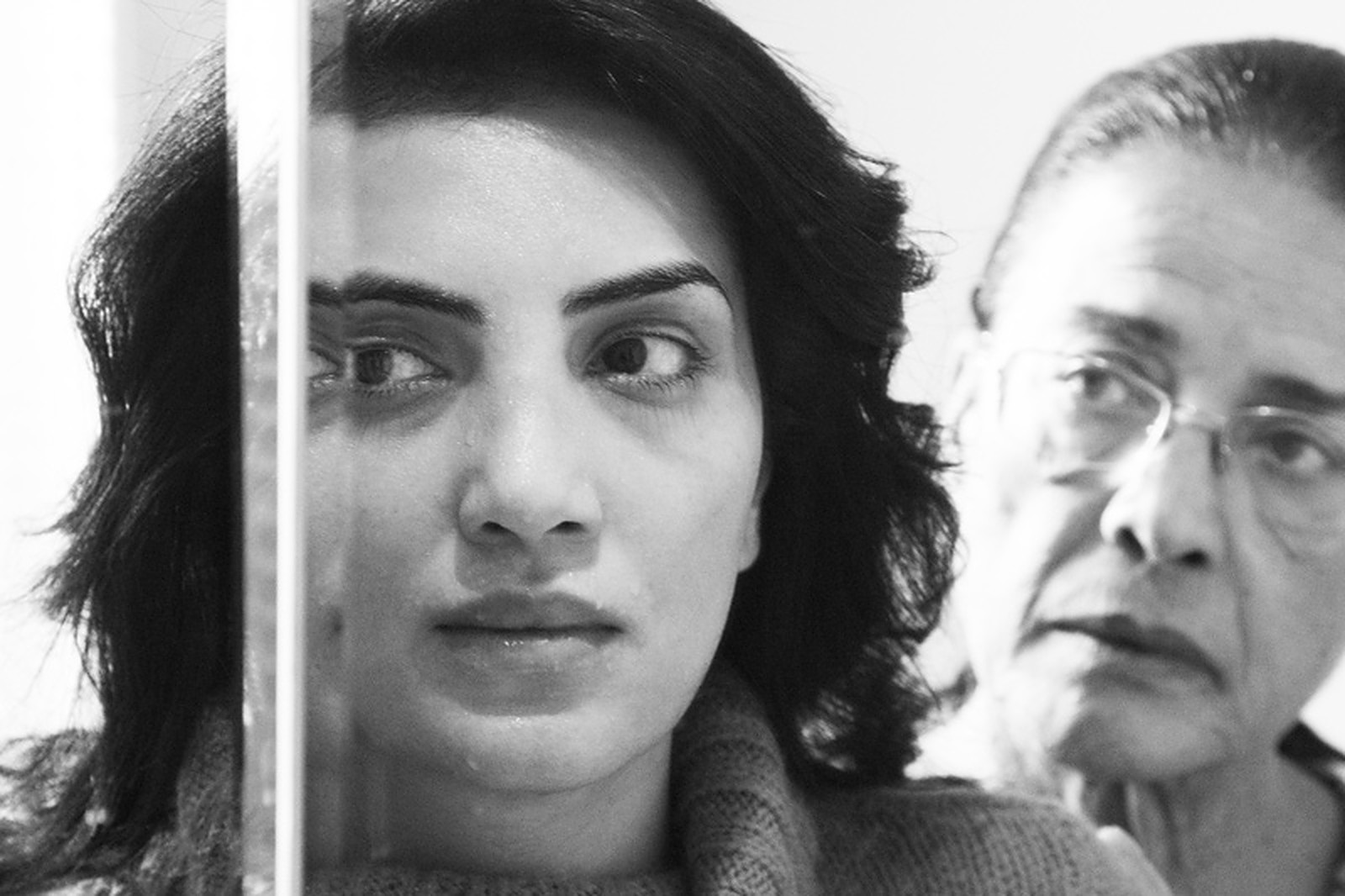
Since you prefer to use a more organic approach, how much do you think commerce affects your art as an independent filmmaker, and how much do you have to compromise because of the financial constraints?
I don’t think films should be categorized on how they are made financially, which is something that the media always highlights, and it is quite bad for the industry. The right way to categorize them should be based on the genre. For instance, sometimes people can perceive some films as independent and it ends up enjoying huge commercial success, while other commercial films can also not do so well.
I consider compromising as another organic approach to filmmaking. I simply start by what I have and can manage, and this is what happened with my recent film “EXT. Night”, which is a short film I co-produced with Hala Lotfy, and we had very limited resources for it, but we finished it and managed it according to what we had. In fact, even if you are completely financially secure, you will always face situations where you have to compromise, whether it is not finding the right actors or the right location. I do not recall any filmmaker in Egypt that was not forced to compromise.
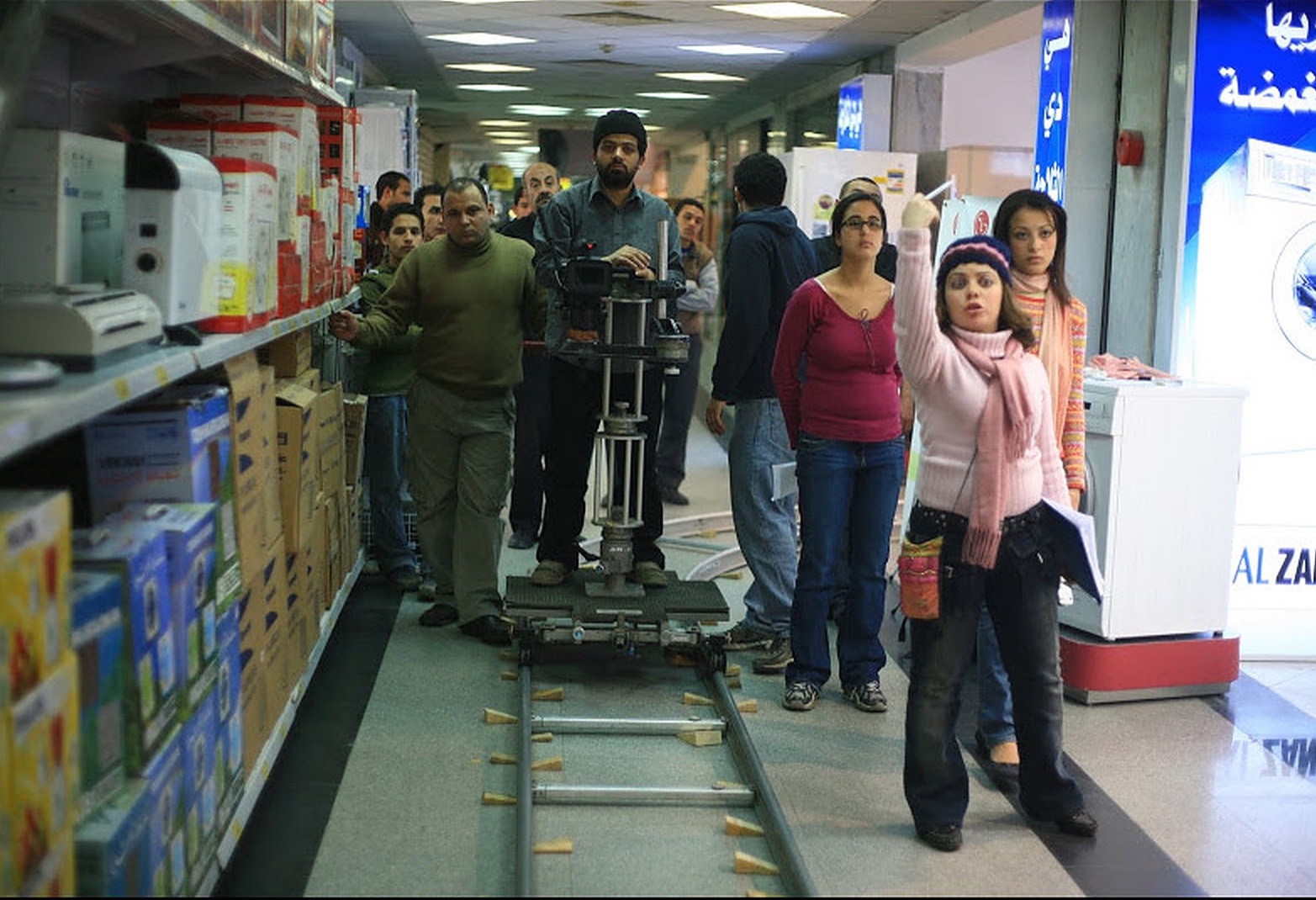
How do you manage to find original stories to always stay fresh?
For every film, what I try to do is to go as far as I can and do the opposite of the previous project. I think this is a guaranteed way in stopping ourselves from being repetitive and to allow more exploration and artistry. So when I started out with ‘Heliopolis’, which was a very personal and nostalgic film about an old neighborhood in Cairo, I moved on to my next film ‘Microphone’ that was focused more on the future, not the past, and what was going to happen in Egypt. I included the influence of hip-hop, skateboarding, rock and graffiti, and even though it was shot in Alexandria, which is a very nostalgic city, I tried to keep it as fresh and new as I possibly can. Then when I decided to do ‘Rags and Tatters’ in 2013, it was completely different, as ‘Microphone’ revolved around dialogue, songs and lyrics, but in the former I had to challenge myself and actually tell a complete story. This is mainly how I execute ideas, but the ideas themselves usually reflect something in my personal life or something that is currently happening, and I find the suitable approach to filming depending on each idea.
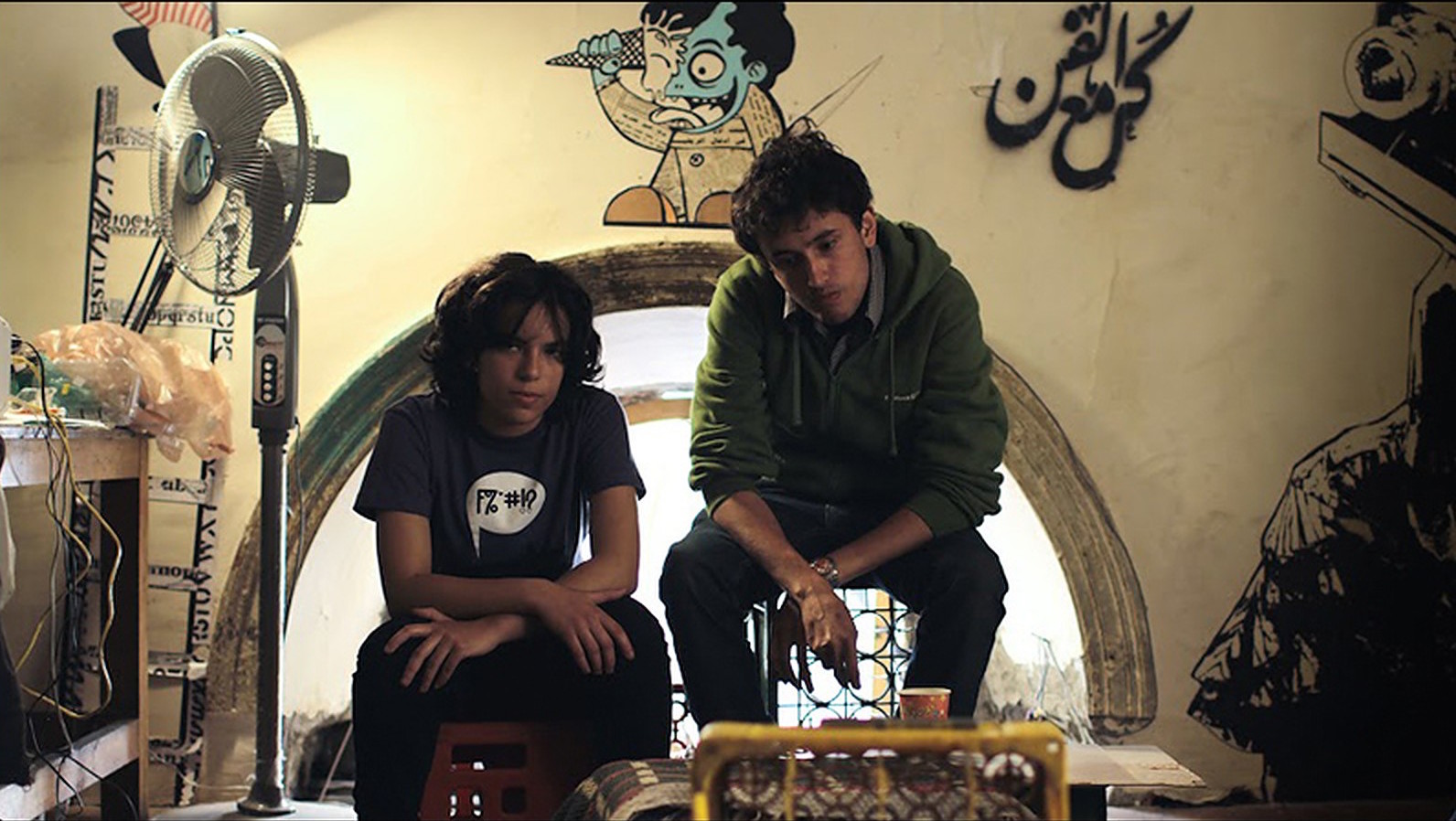
I’ve noticed that your most recent films revolve around the lives and characters of women. Is there a reason for this, and do you feel that Egyptian films today fail to portray the problems women face?
Yes definitely. I want to quote Yousry Nasrallah, a great Egyptian filmmaker, who said ‘Egyptian cinema collapsed after films stopped saying stories about women’, and I truly believe in that saying, because I think it made a lot of films monochromatic. Personally, for me, I like to tell stories on the power of now and everyday life, and how people deal with each other, and in Egypt, you cannot close your eyes on how women live their everyday lives. In my next project, I want to focus more on female characters because I think this is not happening enough in Egyptian cinema. The way women live reflects a lot in our society, and to approach our problems, we have to face this huge injustice that is happening.
I know that as a male I will not be able to tell stories about women the way a woman would do, and I am happy that the percentage of female directors is increasing, which could shed light on issues that a male director would never be able to see.
As a filmmaker, did you face any constraints in discussing certain topics that you wanted to discuss?
Because we live in the Middle East, we have to be careful as to how our projects are perceived by the official institutions and also by the community itself. There are some topics you can discuss, and some you can’t because it is usually misunderstood by the community, so there always has to be some sort of self-censorship when working on a project.
For example, the topic of prostitution in EXT. Night, the hard part wasn’t discussing it, because it has been portrayed by many Egyptian actresses before, but how to approach it in a new way and present it from a different perspective, such as how this character could be a victim and how some people push her to live this kind of life. So, this is the kind of approach I like to use when discussing social topics.
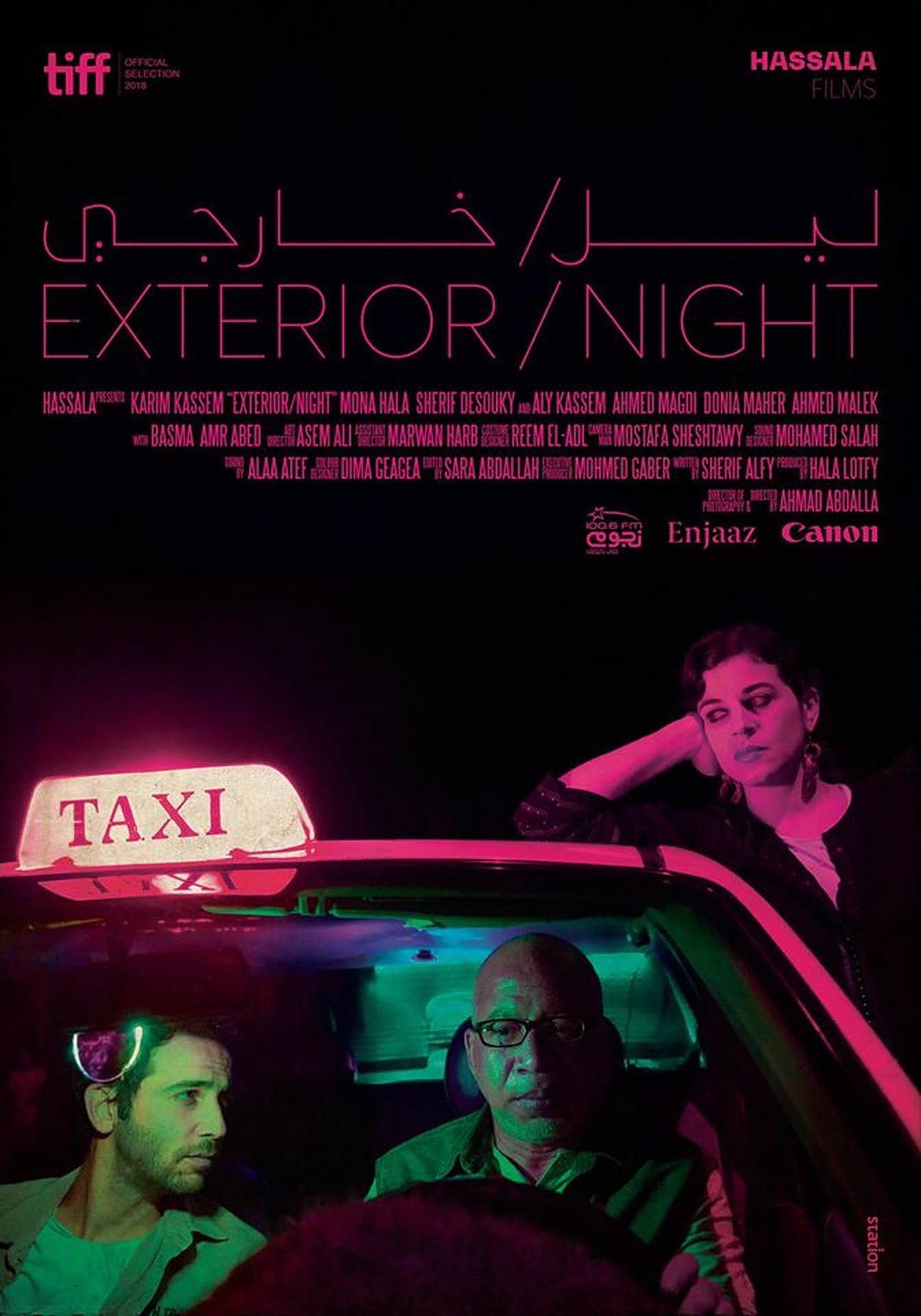
Do you have any visions or plans to change filmmaking in Egypt in any way?
No, I do not have plans, what I mainly want to do is to continue writing stories, and approach more writers. We started building a community of new directors and writers, which aims to come up with fresh ideas and different kinds of films. I think it is quite different from the approaches of classic Egyptian cinema, because as young filmmakers there is a lot of weight on our shoulders in entering an industry that is rich with history. A lot of people say that Egypt has a long history in filmmaking, and this is not a bluff, it is very true, and there are specific approaches to filmmaking here unlike in other countries in the region. Other Arab filmmakers do not suffer as much because there isn’t a heavy load on them due to the size of the industry, which in Egypt includes many great filmmakers, writers and producers. But what I try to do is to focus on doing my own approach to filmmaking, and encourage others to do the same.
Lastly, do you have any advice to any young filmmakers?
Yes of course, my greatest advice is to not to listen to any advice, and to trust their guts. I really hope that they allow themselves to do what they truly want.
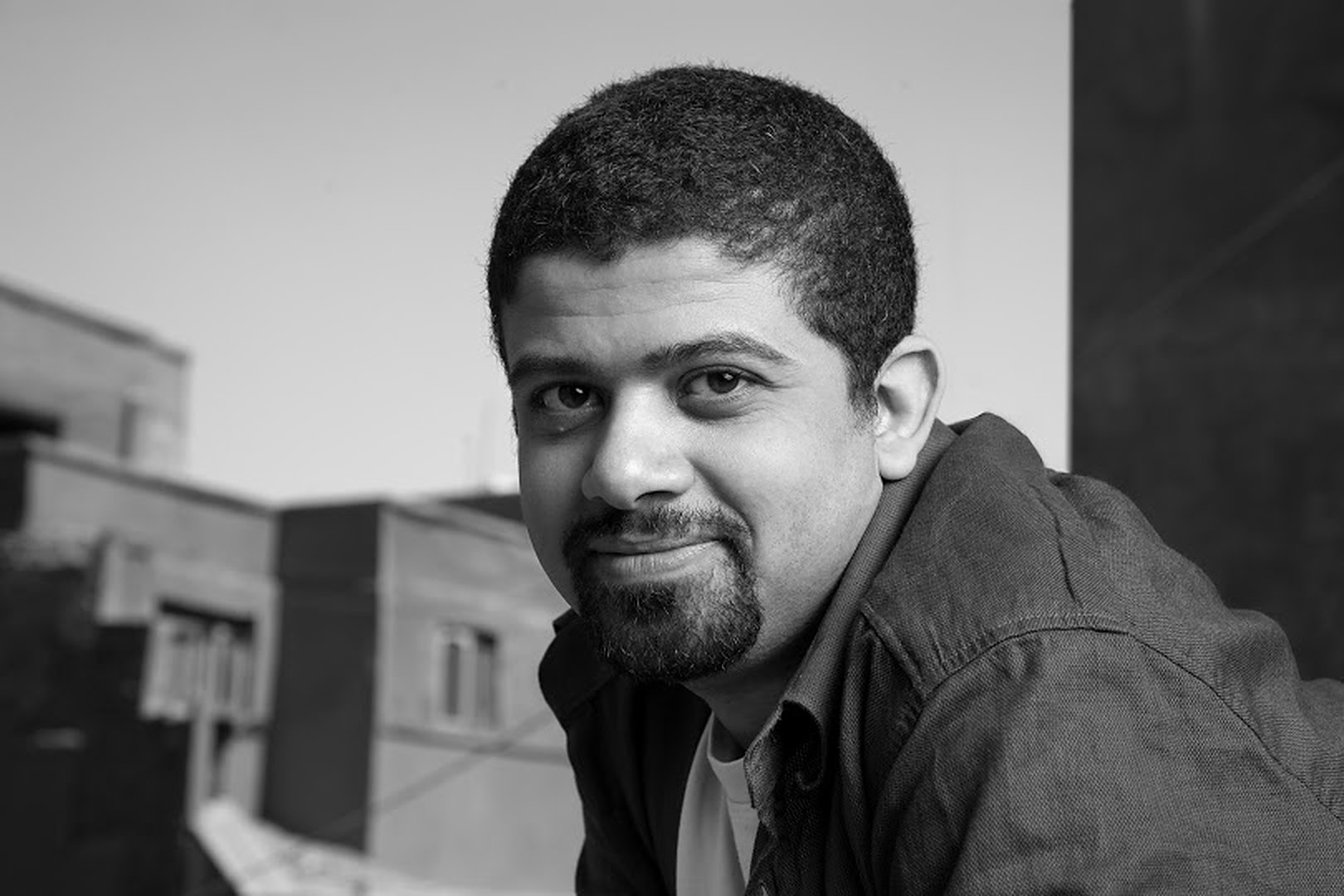




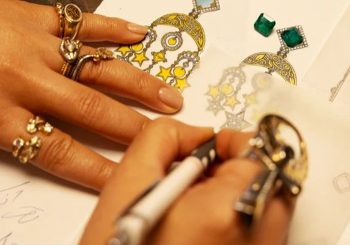
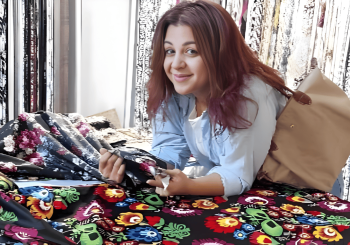
Comment (1)
[…] We like to think that the best films are those that show us the surreal – the dramas or fantasies that cannot exist in reality. Yet the most honest and distinctive kinds of films are those that have a real human story, a story from people who hold ideas or have something they want to Continue reading at source website […]